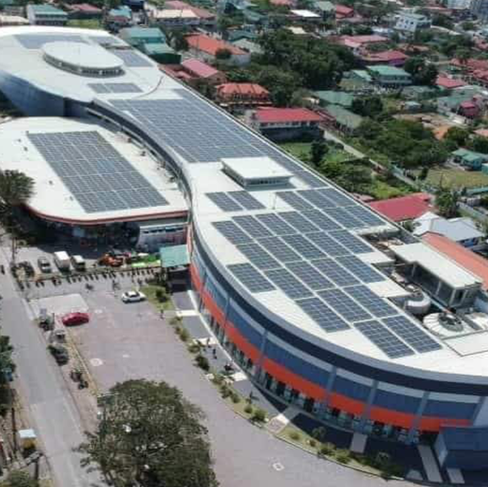One Renewable’s On-Grid Power Solutions: The Path to a Sustainable Future
- Christian F. Pena
- Feb 6, 2024
- 1 min read
Updated: Apr 1, 2024
Energy is a key component for socio-economic development. The Philippines' energy sector is heavily reliant on fossil fuels and imported energy that negatively impact its economic growth. Thus, renewable energy is crucial in achieving the country’s goals for energy security, expansion of energy access and promotion of a low carbon future.


National Commitment to Sustainability: The Philippine government has committed to reduce the country’s greenhouse gas emissions by 75% between 2020 and 2030 as part of its Nationally Determined Contribution (NDC) under the Paris Agreement. The NDC represents the country’s pledged actions to help achieve the goal of the Paris Agreement, which is to limit the rise of global temperature to 1.5-degree Celsius (maximum of 2.0-degree Celsius) from the pre-industrial era (suggested in one recent study that 1720-1800 might be the best baseline), and in effect prevent global warming. In a country where sunlight is abundant, solar technology is the most efficient and widely used renewable energy technology.

Contributions to a Sustainable Future: One Renewable designed and installed more than 20 MW on-grid solar rooftops in 40 locations nationwide and provided technical service for 63MW utility scale solar farm that contribute to the country’s onward march to a sustainable future.
628 kWp Stadium Shopping Strip, Naic, Cavite; 570 kWp Portal Mall, General Mariano Alvarez, Cavite
Featured projects are: 63 MW technical service in Calatagan, Batangas; 832 kwp Pilmico Feedmill, Capas, Batangas; 547 kwp Gaisano Central Mall, Ormoc City, Leyte; 628 kwp Stadium Shopping Strip, Naic, Cavite; 570 kwp Portal Mall, General Mariano Alvarez, Cavite







Comments